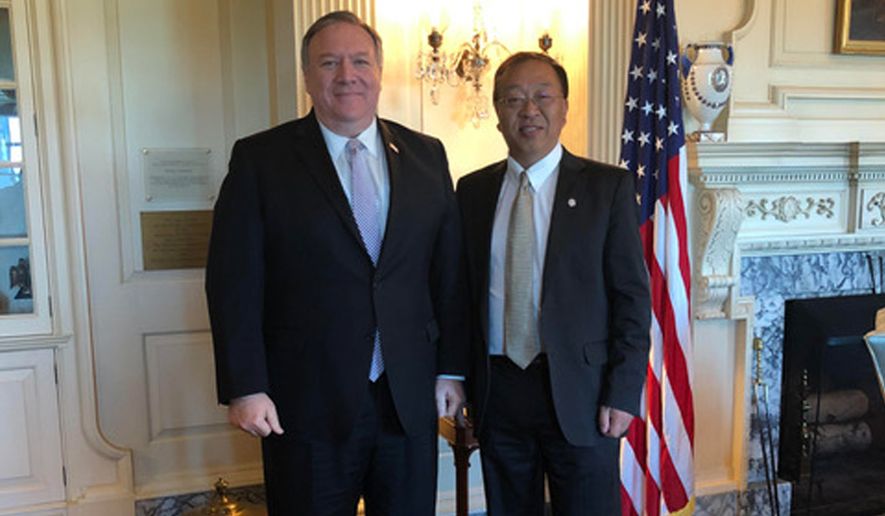- Joined
- Jun 20, 2011
- Messages
- 4,732
- Points
- 83
Iran-China Axis Fuels South China Sea Tensions I Protecting Iran oil tankers affects more countries
The new U.S. position is related to the Iran-China Axis. Beijing is said to be in the final stages of approving a $400 billion economic and security deal, in energy and other sectors with Teheran, and would also hold joint exercises with the Iranian military, develop weapons and share intelligence. It would undercut the Trump white house’s efforts to isolate the Iranian government because of its nuclear and military ambitions. Oil tankers from the Middle East have to pass through the Strait of Malacca, from the South China Sea to China. The reliance on Iranian oil has increased, the CCP must have greater control over the South China Sea to protect the safety of shipping routes from Iran, forcing the Indian Ocean countries and countries in the South China Sea, not to dare cooperate with the United States to detain the tankers from Iran. International law generally recognizes the South China Sea as a free and open sea. To defend this principle, the United States has to contain the CCP with greater force. If the CCP is allowed to dominate the South China Sea, Japan will be choked by the CCP. Heated rhetoric has been on the rise in the region, where Brunei, Malaysia, the Philippines, Taiwan, and Vietnam challenge China’s claim. Previously US policy had been to urge a peaceful resolution to the dispute through UN-backed arbitration. The new US position would be part of a broader and widening showdown with the CCP.
The new U.S. position is related to the Iran-China Axis. Beijing is said to be in the final stages of approving a $400 billion economic and security deal, in energy and other sectors with Teheran, and would also hold joint exercises with the Iranian military, develop weapons and share intelligence. It would undercut the Trump white house’s efforts to isolate the Iranian government because of its nuclear and military ambitions. Oil tankers from the Middle East have to pass through the Strait of Malacca, from the South China Sea to China. The reliance on Iranian oil has increased, the CCP must have greater control over the South China Sea to protect the safety of shipping routes from Iran, forcing the Indian Ocean countries and countries in the South China Sea, not to dare cooperate with the United States to detain the tankers from Iran. International law generally recognizes the South China Sea as a free and open sea. To defend this principle, the United States has to contain the CCP with greater force. If the CCP is allowed to dominate the South China Sea, Japan will be choked by the CCP. Heated rhetoric has been on the rise in the region, where Brunei, Malaysia, the Philippines, Taiwan, and Vietnam challenge China’s claim. Previously US policy had been to urge a peaceful resolution to the dispute through UN-backed arbitration. The new US position would be part of a broader and widening showdown with the CCP.


